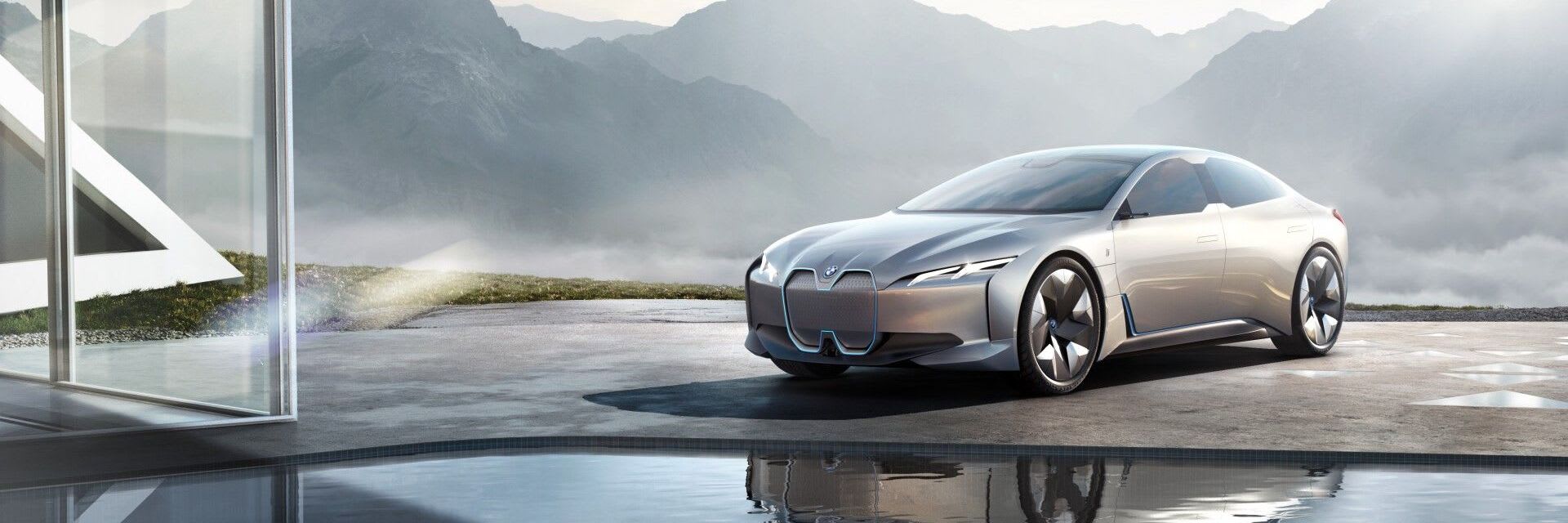Electric Vehicles Continue to Surge in Popularity, with a 10.9% Market Share in January 2024
The automotive industry continues to see a significant shift towards electric vehicles (EVs), as consumers recognize the environmental and economic benefits of these vehicles. This trend is reflected in the latest registration figures from ACEA, which show that battery-electric vehicles (BEVs) accounted for 10.9% of new car registrations in January 2024.

BEV registrations increased significantly in January 2024, with a 20.6% year-over-year growth. This represents a steady increase in the popularity of BEVs, which now account for a significant portion of new car sales.
Several countries in Europe reported strong growth in BEV registrations, including Germany (13.5%), France (12.2%), and the United Kingdom (10.7%). This indicates that the transition to electric vehicles is gaining momentum across the continent.
The overall market share of BEVs in Europe reached 10.9% in January 2024**, a significant increase from the 8.3% share recorded in January 2023. This suggests that the market is moving towards a tipping point, where BEVs could become the dominant choice for new car buyers.

Contributing Factors
The surge in BEV registrations can be attributed to several factors:
Government incentives: Governments in many countries are offering financial incentives to consumers who purchase electric vehicles. These incentives can take the form of tax rebates, purchase grants, and access to special parking and charging facilities.
Environmental concerns: Consumers are becoming increasingly aware of the environmental benefits of electric vehicles, particularly in light of the growing urgency to reduce greenhouse gas emissions and combat climate change.
Technological advancements: Electric vehicles are becoming more efficient and technologically advanced, with longer ranges, faster charging times, and improved performance. These advancements are making BEVs more attractive to consumers who were previously hesitant about making the switch.
Challenges and Opportunities
While the increasing popularity of BEVs represents a positive trend, there are still challenges that need to be addressed to accelerate the transition to electric mobility:
Charging infrastructure: The lack of a comprehensive charging infrastructure remains a major barrier to the widespread adoption of electric vehicles. Governments and private companies need to work together to expand and improve charging infrastructure, making it more convenient and accessible to consumers.
Cost: Electric vehicles are still generally more expensive than gasoline-powered vehicles. However, as the technology continues to成熟, the cost of BEVs is expected to decrease, making them more affordable to a wider range of consumers.
Despite these challenges, the growing popularity of BEVs represents a significant opportunity for the automotive industry, policymakers, and society as a whole. The shift to electric mobility will help to reduce greenhouse gas emissions, improve air quality, and create new jobs and economic growth.
The automotive industry is undergoing a fundamental transformation, driven by the increasing popularity of electric vehicles. This trend is expected to continue in the coming years, as governments, consumers, and industry players work together to overcome challenges and accelerate the transition to a more sustainable and electrified transportation system.
